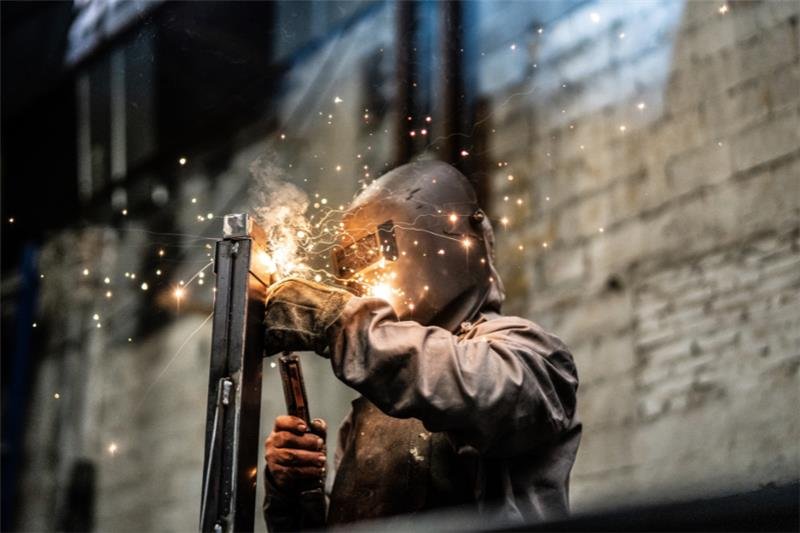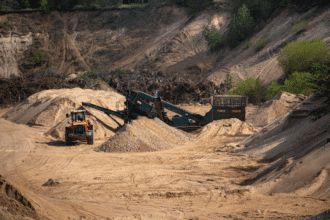The government has taken over Speciality Steels UK (SSUK), the nation’s third-largest steelworks, in a major development related to the crisis facing the UK steel industry. The action comes after a High Court decision that authorized a mandatory liquidation order in response to creditors’ claims of hundreds of millions of dollars in unpaid obligations.
Nearly 1,500 people are employed at the impacted Rotherham and Sheffield facilities. For more than a year, SSUK, a crucial component of the Liberty Steel Group, had been producing little to no steel due to extreme financial duress. Now that insolvency has been verified, the company will be supervised by an official receiver and special managers chosen by the government from the consulting firm Teneo.
What Caused SSUK to Collapse?
A combination of long-term financial instability and the demise of Greensill Capital, SSUK’s primary lender, led to the company’s demise. After Greensill’s demise, billionaire Sanjeev Gupta’s Liberty Steel Group experienced a financial cascade. With a £3.7 million monthly pay cost, SSUK had just £600,000 in its account at the time of the court hearing.
Liberty Steel’s attempts to use a “pre-pack administration” to restructure the business were unsuccessful. Under the plan, which was supported by financial institutions like Fidera and BlackRock, Liberty would have been able to purchase back SSUK and pay off a large portion of its debt. The judge, however, declared the business to be “hopelessly insolvent” and put it under direct government supervision. Here is the link to our article on Steel Tariffs Impact.
What Takes Place with the Employees and Activities?
For employees, the move into public ownership brings a great deal of uncertainty. Long-term employment and pension guarantees are still unknown, despite the government’s pledge to pay salaries and operating costs in the interim.
Since July 2024, the majority of the Rotherham plant’s employees have been paid less, and the facility hasn’t produced any steel for more than a year. The urgent necessity to resume production and save livelihoods has prompted community union representatives to call on authorities to offer clarification and assistance.
Regarding the Steelworks, what plans does the government have?
Third parties interested in reviving activities have expressed interest, according to the Department for Business and Trade. Multiple bidders have stated their intention to resume steel production at some or all of the locations, according to official communications that were produced in court.
The liquidation procedure has been characterized by the government as a step to guarantee a “orderly restart” of steelmaking. The goal of hiring independent special managers is to maintain vital industrial competencies while stabilizing the company and increasing its appeal to potential buyers. Here is the link to our article on Steel Trade Impact.
What Struggles Does This Reflect in the Steel Sector More Broadly?
The issue facing the UK steel industry is a component of a larger downturn. Domestic production has been weakened by high energy costs, international competition, and persistent trade restrictions. Inconsistent government assistance and antiquated infrastructure have also hurt UK steel companies.
The government also stepped in to stop the Chinese owners from closing British Steel’s Scunthorpe factory in April. The increasing governmental participation as a temporary fix for the industry’s inherent flaws is highlighted by these initiatives.
Final Thoughts
Another pivotal point in the UK steel industry crisis has been reached with the government’s action at SSUK. Long-term stability will require significant investment, structural reforms, and strategic support, even though the move presents an opportunity to preserve jobs and resume operations. The coming months will be crucial for the future of UK steelmaking and the thousands of jobs who depend on it, as third-party purchasers are already circling.








